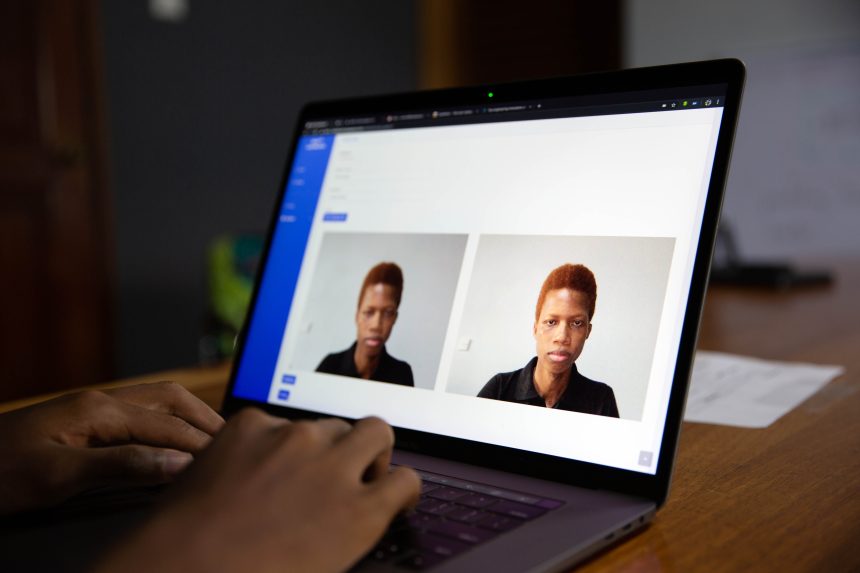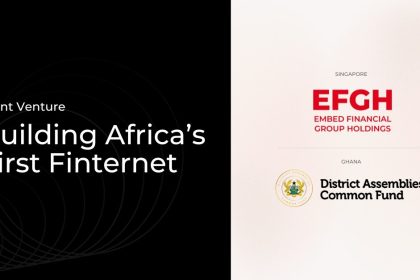Four finalists have been selected for the Royal Academy of Engineering’s 2020 Africa Prize for Engineering Innovation.
The finalists were selected from a shortlist of 15 African innovators effecting positive change in their communities, who have all received eight months of training and support through the Africa Prize.
“Despite a global pandemic placing immense pressure on entrepreneurs worldwide, we’ve been inspired by these four innovators’ ability to adapt, collaborate, and thrive,” said Rebecca Enonchong, Africa Prize judge and Cameroonian entrepreneur.
“The Africa Prize is more than just an award,” added Enonchong. “It is designed to upskill and support entrepreneurs in the long term, building capacity across the entire innovation ecosystem in Africa. Supporting one innovator can transform a community, and we believe that, together, our network of innovators will help transform the continent.”
2020 Finalists
This year’s finalists hail from Ghana, Nigeria and Uganda:
- Farmz2U (Nigeria) – A digital platform that reduces food waste by helping farmers plan their crops. Data expert Aisha Raheem developed Farmz2U after a health scare prompted her to eat more healthily. She is determined to reduce food waste and improve people’s nutritional intake.
- BACE API (Ghana) – A platform that uses facial recognition and artificial intelligence to verify identities remotely. Tech entrepreneur Charlette N’Guessan and her cofounders developed the software after their research revealed that Ghana’s banks have a significant problem with identity fraud and cyber-crime, with approximately $400 million spent annually by Ghanaian financial institutions to identify their customers.
- Remot (Uganda) – A startup helping Ugandan schools, businesses, and solar companies manage off-grid power systems more effectively. Created by David Tusubira and his colleagues, the system provides more than just data about energy use. Remot examines the system itself for inefficiencies and potential problems, monitoring the condition and performance of solar PV installations.
- Dr William Wasswa’s PapsAI (Uganda) – A startup that helps speeds up cervical cancer screening, diagnosis and patient record management, making it more affordable and reliable. PapsAI’s digital microscope slide scanner quickly scans high-resolution cervical cell images from pap smears. Also, PapsAI has a separate system that manages and archives patient records using artificial intelligence.
The 2020 finalists will pitch their innovations to a panel of judges and a live online audience on 3 September 2020. The winner will be announced at the virtual event, and will receive £25,000, with £10,000 awarded to each of the runners-up.
Source: Royal Academy Of Engineering










